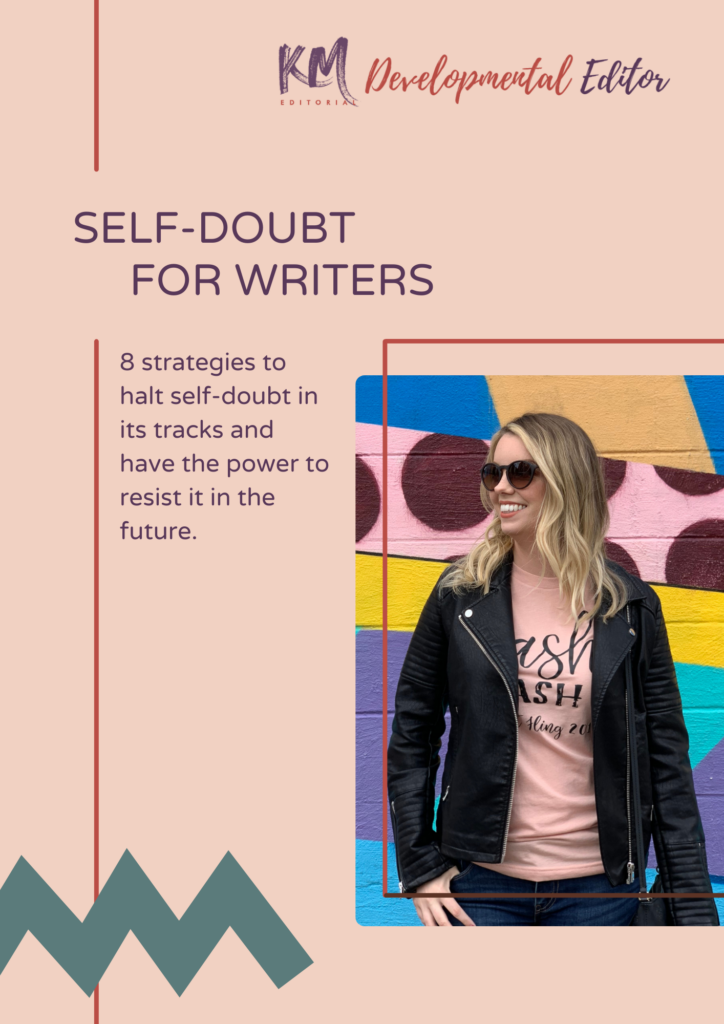Developmental editing
may be an unfamiliar term to some writers and authors. This is, in the most basic of definitions, is editing that enhances your story.
For this article, we will discuss developmental editing as it applies to fiction (memoirs also fall under this umbrella).
After you’ve completed multiple revisions on your novel, worked with critique partners and/or beta readers, and self-edited, you know your manuscript is in need of another step, but it’s not quite ready for the copyediting stage yet. This is where a developmental editor comes in, also known as a content editor, or sometimes even, a book doctor.
A developmental edit is that last set of eyes and feedback on your story before getting ready to publish. This editor places his or her focus on the big-picture; story, characters, plot, structure, readability, credibility, and target audience.
(Here’s a quick note on the different types of editing).
Developmental editors have certain qualities that lead them to be right for this process of editorial work. I believe there are four main things you should come to expect of your developmental editor:
Honest, professional feedback
The feedback your best friend or mother gave you on your story is nice, but it’s nothing compared the level of honesty and detail an industry professional can give you.
Maybe you’ve experienced this conversation with a friend who read your book:
You: “So…what’d you think?”
Friend: “I liked it!”
You: “Well, is there anything you didn’t like, anything you would change? Did it flow? What did you think about the moment when…?”
Friend: “It was good. I didn’t really like X character.”
You: “Okay, good to know. Can you explain why? Is it something they do, or their attitude?”
Friend: “Um…I don’t know. I guess it was fine actually. It was good. I liked it all.”
Thanks?
Even getting that above—a specific moment of anything more than, “It was good,”—is more than most friends or family members will give. And you can’t blame them! They probably didn’t study writing in school, maybe they don’t read that often, they don’t want to let you down, and they aren’t involved in the publishing industry day after day after day.
A good editor educates themselves on writing, reading, and the publishing industry constantly. They work hard to stay informed, to read often, and to perfect their skills as much as you are working to perfect yours as a writer. Not only that, but an editor knows how to provide honest, professional feedback that you can use to help make your story better. They won’t just tell you what’s not working in the manuscript, they will explain why and provide suggestions for fixing it.
Coaching
This is one of those things about editing that almost surprised me when I launched my career. In college, I felt that I was being groomed to be a teacher, not, you know, anything else I wanted to be with a writing degree. And it bugged me—I didn’t want to be a teacher, standing in front of fifty students, lecturing and pointing at a blackboard.
Ironic, of course, that with every note I make on a manuscript and article I write I am teaching my clients, I am coaching them to be better writers.
And I have the rare opportunity to see my authors grow when I review their revisions or read their next book. I can tell how far they’ve come and I have proof in front of me that they are using the edits and suggestions to create better content every time.
It’s practical teaching you can apply. The best developmental editors are coaches in the margins.
And just for the record, McCoach is my born-given name.
Care and commitment
I believe all the best editors come to a project with a certain level of care and commitment, but developmental editing requires an intense amount. If your dev. editor doesn’t care about your story, they won’t provide the feedback that will matter to your work.
When I work on a developmental project, I come to the table with all of my mental focus on the book and I don’t allow other things to cloud my mind or distract me. I’ve told people this before, but I’m not just working on the book when I’m sitting in front of the computer; I’m thinking about it when I’m cooking or taking a walk in the neighborhood.
I care about you and your story and I’m committed to helping you. I care about the characters, and if I don’t, I help you figure out why and give suggestions on how to get a reader to care.
By working on your book, I’m providing a level of commitment to you and your work. I respect your story, and I won’t try to change it to be something it’s not.
Encouragement
A developmental editor is spending so much time on your story that they are rooting for you form the beginning. A copy editor may wish to see you do well, but their focus is on the grammar, punctuation, spelling, facts, etc. and they aren’t usually there to see your story develop into something fantastic. They get fantastic and make sure it’s free of error. Both types of editing are desperately important, but they do have a different song and dance that goes into them.
A developmental editor is the person in your in your wheelhouse. Unless you’ve had a critique or writing partner there with you from the beginning, you dev. editor is likely to be the person who knows your story best, next to yourself. They see your story (and by see I mean they really see it), know your vision, support you, encourage you, and push you to do better—to do whatever it takes—to bring out that amazing story that is we all know is in you.
You’re story might be good now, but wouldn’t you want it to be great? Don’t you want to believe you can do this? Revising is tough. Taking criticism is tough. And a dev. editor balances that act because they support you 100%.
If an editor is going to tear you down and not give you the tools to succeed and grow, then they should be a book critic, not an editor.
In conclusion, I want you to keep in mind that a developmental editor (or any editor for that matter) should never try to change your vision. They should see it, support it, and help you grow it.
If you’ve worked with a developmental editor before, share with us your experience below. Are you more confident in your story after using a developmental editor?
Find me on Twitter and let me know what you thought of this article: @katiemccoach
Don’t miss a post! When you sign up for the KM Editorial monthly newsletter you’ll receive a free downloadable Guide to Getting Published.




 Download your free copy of these 8 tried-and-true strategies to stop self-doubt and imposter syndrome as a writer. And, build the power to resist it in the future.
Download your free copy of these 8 tried-and-true strategies to stop self-doubt and imposter syndrome as a writer. And, build the power to resist it in the future.
Trackbacks/Pingbacks